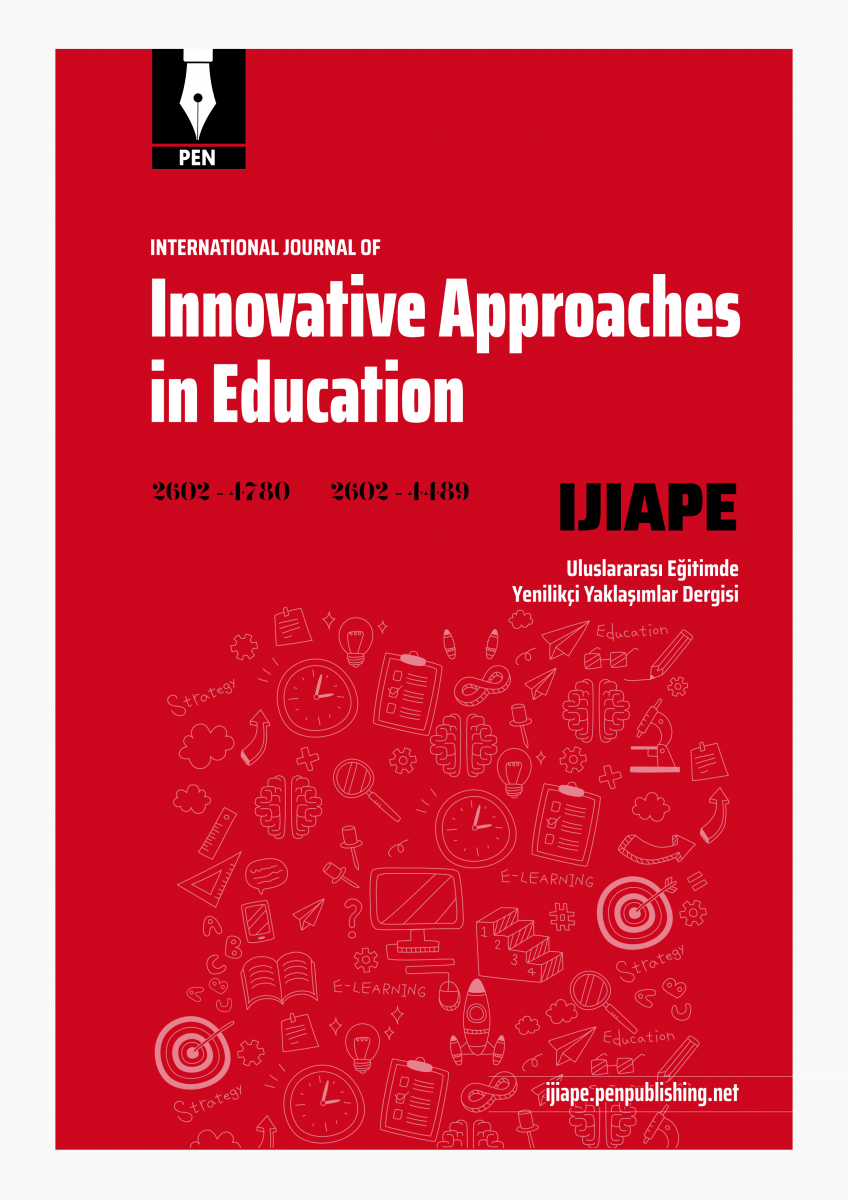Research article | Open Access
International Journal of Innovative Approaches in Education 2021, Vol. 5(1) 44-62
Implementation of Free Education: A Catalyst for Secondary Education Quality in Ondo State Secondary Schools, Nigeria
pp. 44 - 62 | DOI: https://doi.org/10.29329/ijiape.2021.333.4
Publish Date: March 30, 2021 | Single/Total View: 150/676 | Single/Total Download: 200/1.133
Abstract
The study assessed the implemented free education on the quality of education in Ondo State public secondary schools. Descriptive research design was adopted for the study. The population for the study comprised the 304 principals and the students of public secondary schools in Ondo State. The sample for the study comprised 720 senior secondary school students and 18 principals of public secondary schools in the State. The multistage sampling technique was used in the selection of the sample for the study. Data for the study were obtained using two research instruments. Data collected were analysed using frequency counts, percentage scores, bar charts and Chi Square. The findings of the study showed that the level of the implementation of providing free shuttles was moderate (34.1%), library facilities high at (30.4%), the level of the implementation of provided computer facilities moderate at (40.2%), while laboratory facilities was high (37%). The study also showed that free education programmes have no significant influence on quality of education in Ondo State (χ2 = 5.778; df = 9; p = 0.762). West Africa Senior School Certificate Examination (WASSCE) results of students used from year 2012 to 2015 collected also showed that the pass rate of students in the external examination was 30%, which showed that quality of education in the state has been on the decline. The study concluded that quality education in Ondo State secondary schools was not influenced by the free education programme implementation in the State.
Keywords: Free Education, Secondary Education, Quality Education, Nigeria
| How to Cite this Article? |
|---|
|
APA 7th edition Harvard Chicago 16th edition |
| References |
|---|
|

